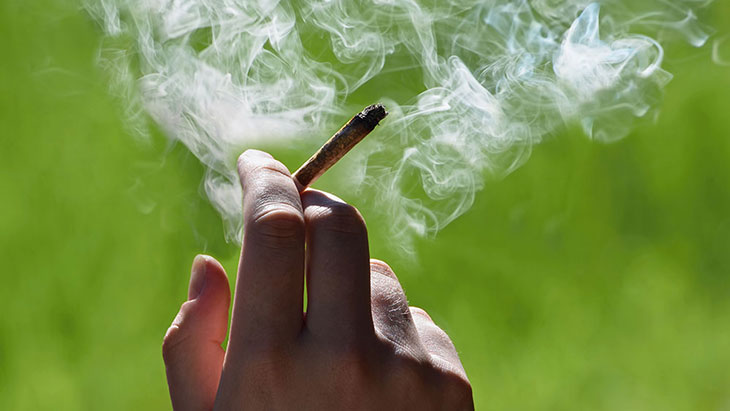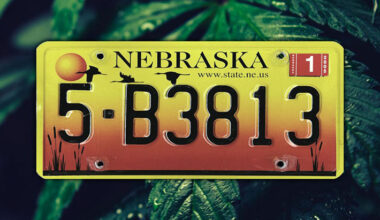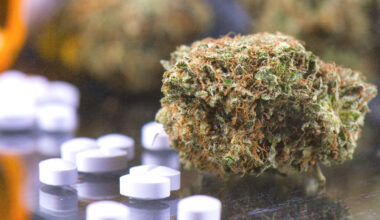Introduction
The Dutch have a reputation for being laid back and relaxed. And while it’s true that they’re not exactly known for their uptight attitudes, how did they end up with that reputation? Is there something about the architecture or climate of Holland that makes people feel more relaxed? Maybe so. But you’ll also notice when you visit a coffee shop in Amsterdam that these places are typically full of hippies, backpackers, artists, and other folks who seem pretty chill. So how did all these mellow people end up congregating here?
What was the first cannabis coffee shop like?
The first coffee shop in Amsterdam was a small shop called Mellow Yellow, which opened in 1967. It was run by Jamaican Rastafarians and sold cannabis, hashish, and LSD. The city council agreed to let it open after the police said they couldn’t stop it.
Why does coffee play so well with cannabis?
Even though coffee and cannabis both come from plants, they are very different in how they affect your body. Cannabis is a depressant, and caffeine is a stimulant—but both have similar effects on the body. Cannabis binds to receptors in your brain and causes you to feel relaxed, euphoric, or sleepy, depending on which type of cannabinoid is present. The high you get from cannabis can be compared with the feeling you get after drinking too much alcohol: tired, relaxed, and happy!
While coffee has no psychoactive effect on its own, when consumed with THC, it can increase its intensity by 50%, meaning that if you were planning on taking just 1 puff of weed after drinking some coffee, think again!
Is it legal to sell cannabis in Holland?
The Netherlands has a unique relationship with cannabis, which is illegal to sell but legal to possess. Cannabis is illegal in the Netherlands, but coffee shops are allowed to sell it in small amounts. Although there are some restrictions on where you can buy your weed and how much you can buy at once, in general, this policy allows for safe access to marijuana for those who need it. The Dutch government also regulates the industry by requiring that coffee shops operate as private businesses and that they only sell products grown in greenhouses or imported from other countries (both of which have a less environmental impact than indoor cultivation).
Doesn’t this encourage drug tourism?
In the Netherlands, cannabis tourism is heavily regulated. That means there are few opportunities for non-residents to purchase cannabis and even fewer places they can consume it. The government requires that anyone who wants to purchase or smoke cannabis in the Netherlands has at least an EU passport as well as an address in one of the countries bordering Holland (Belgium, France, and Germany). If a person doesn’t have these documents at hand, he or she will be turned away from any coffee shop selling weed. On top of that, the Dutch government hasn’t allowed tourists from other countries with strict drug laws—like Japan—to enter its borders with marijuana products on them.
Coffee and cannabis have a long history together, and the best coffee shops are places where you can enjoy both.
Coffee and cannabis have a long history together, and the best coffee shops are places where you can enjoy both. If you’re new to cannabis in the Netherlands, or if you want to know more about this particular aspect of Dutch culture, read on.
Coffeehouses are not just for tourists; they’re also popular among locals because they provide a space where people can relax and socialize. In fact, many coffee shops have become community hubs in their own right—and an integral part of Amsterdam’s life! Check out a site like Greenmeister to search for coffee shops and cannabis products.
If you want to learn more about coffee shops in general (and specifically how they fit into Dutch society), check out this article from The Guardian that gives some interesting details on how coffeehouses evolved over time.
Conclusion
Whether you’re visiting the Netherlands or just want a new way to enjoy cannabis, these coffee shops are definitely worth a visit. You can find them all over the country and even online, but remember that they’re still illegal in many countries around the world. If you plan on going to one, make sure it’s legal where you live!
Medical Disclaimer:
The information provided in these blog posts is intended for general informational and educational purposes only. It is not a substitute for professional medical advice, diagnosis, or treatment. Always seek the advice of your physician or other qualified healthcare provider with any questions you may have regarding a medical condition. The use of any information provided in these blog posts is solely at your own risk. The authors and the website do not recommend or endorse any specific products, treatments, or procedures mentioned. Reliance on any information in these blog posts is solely at your own discretion.






